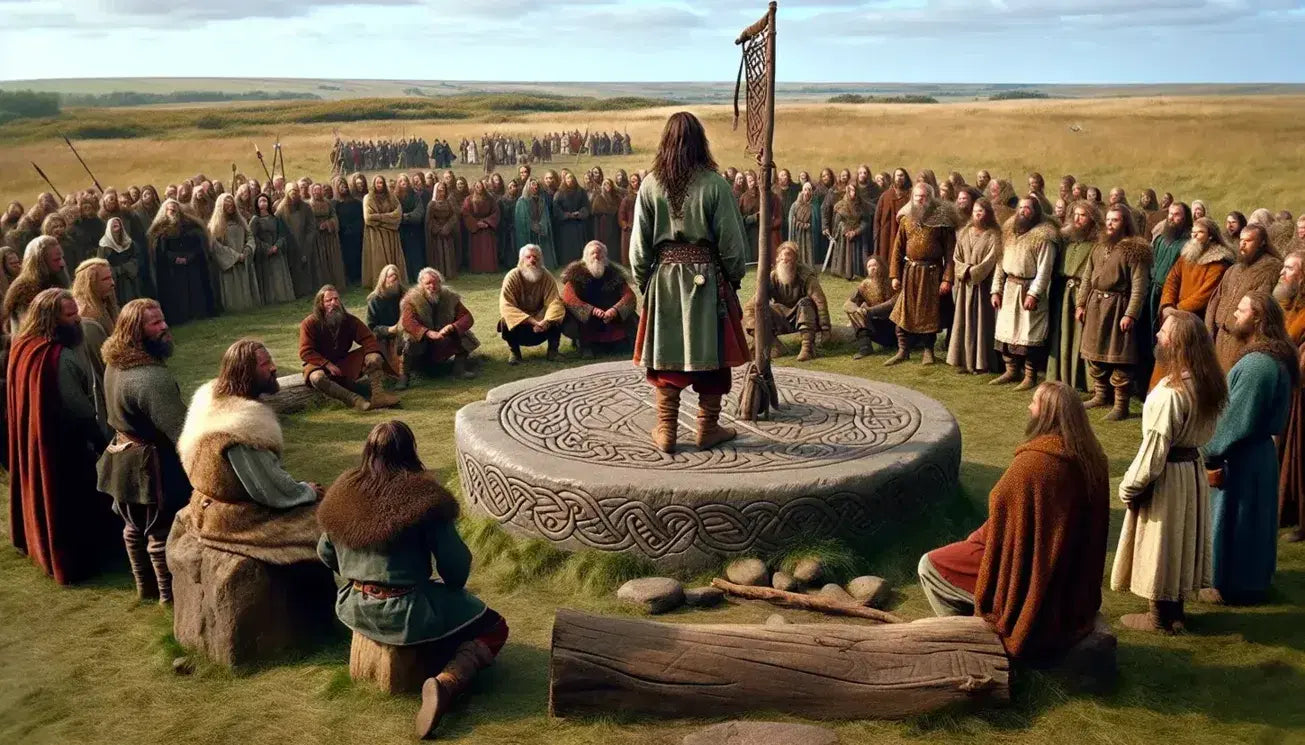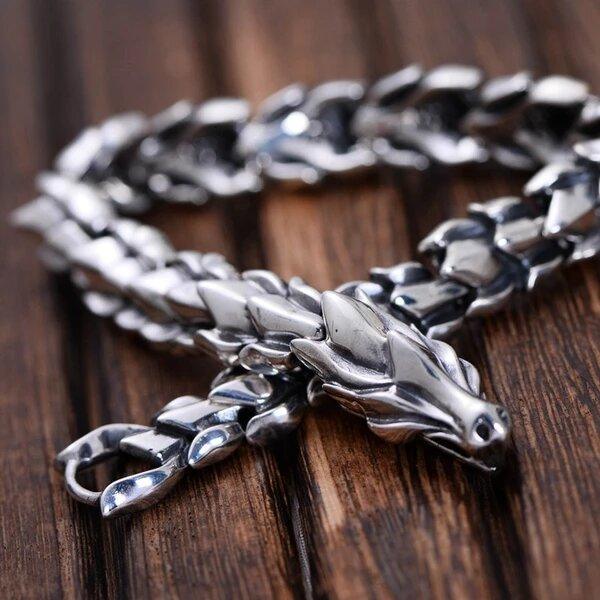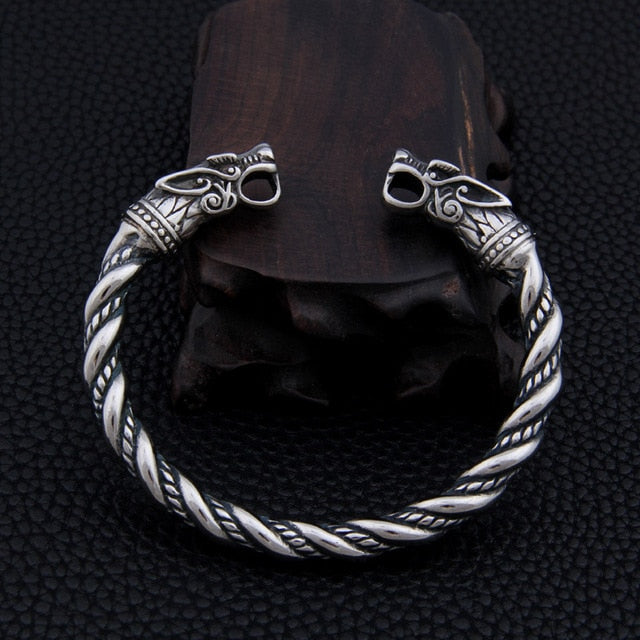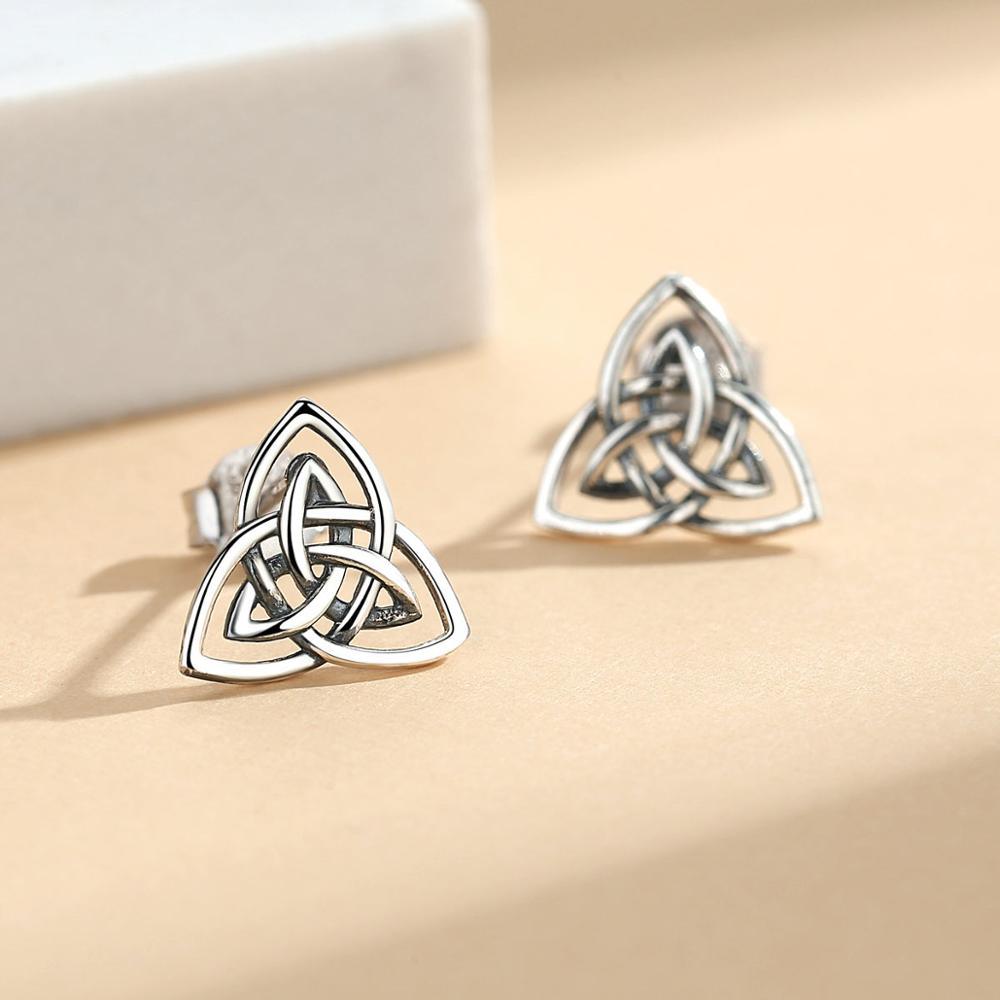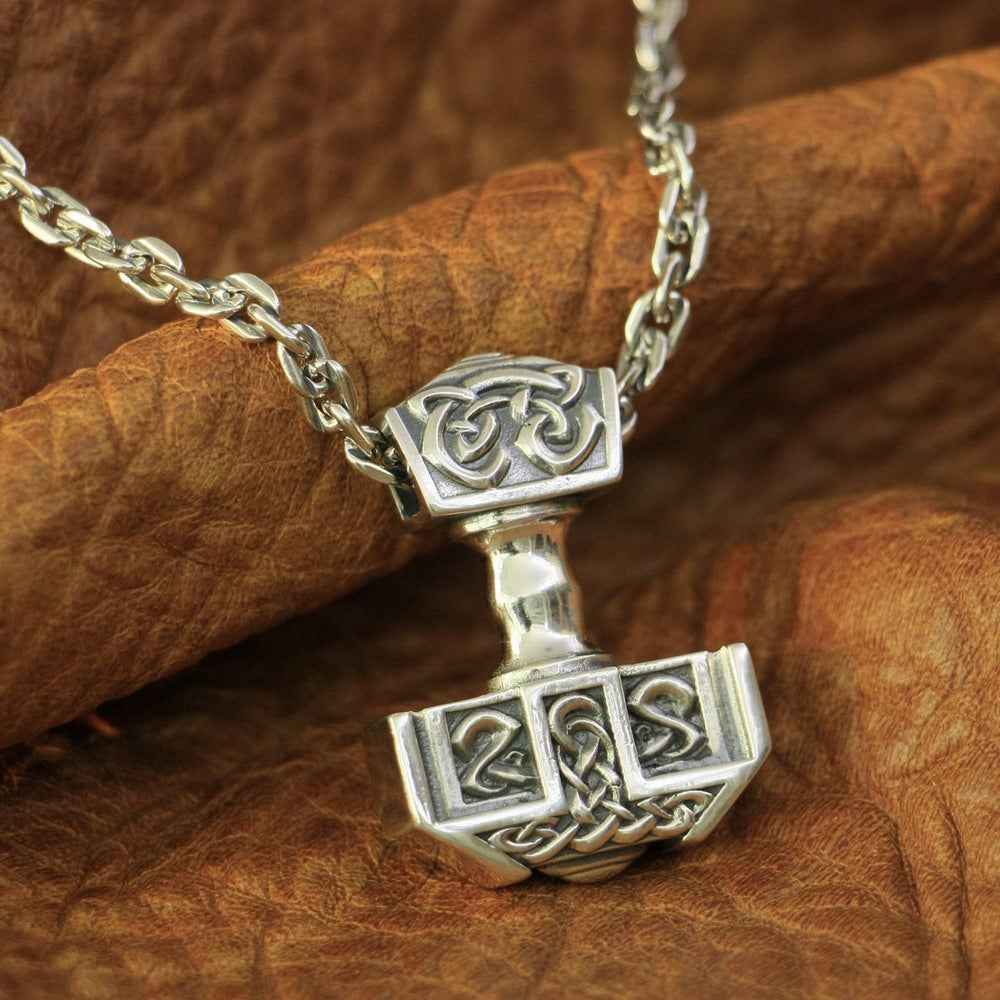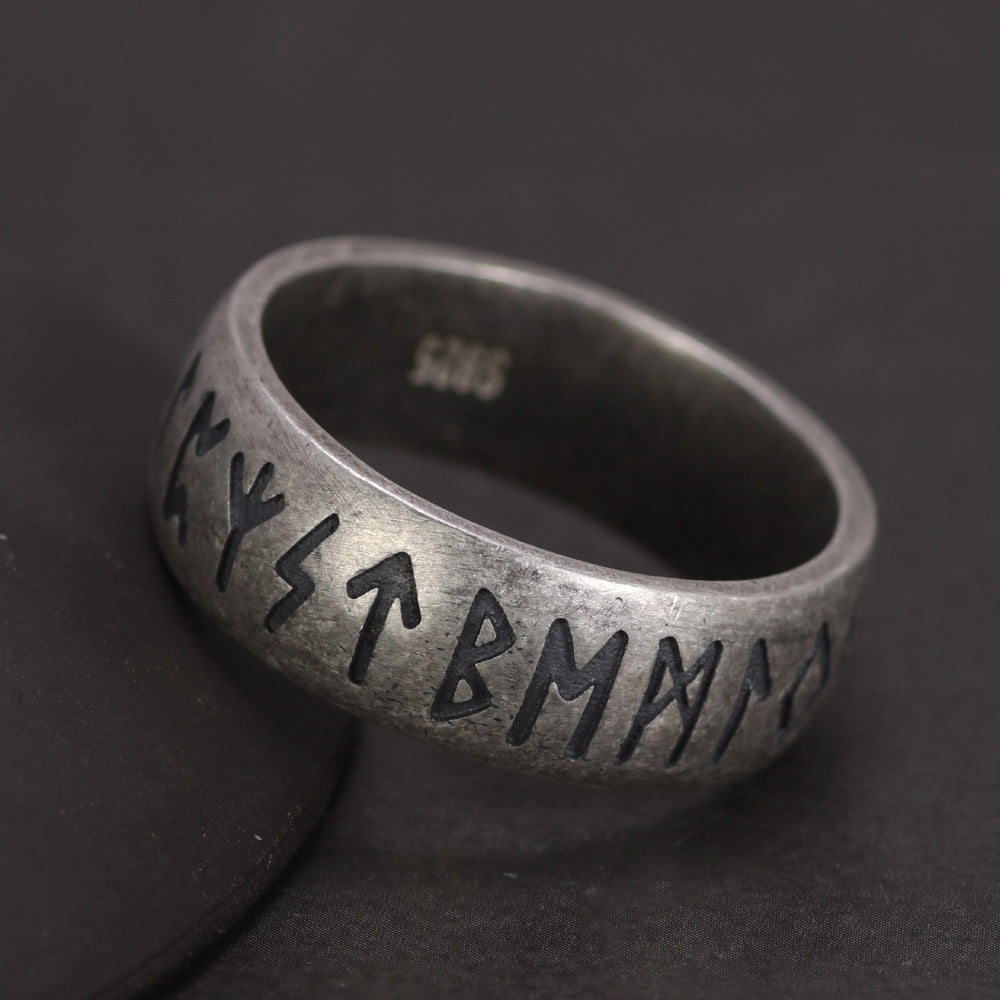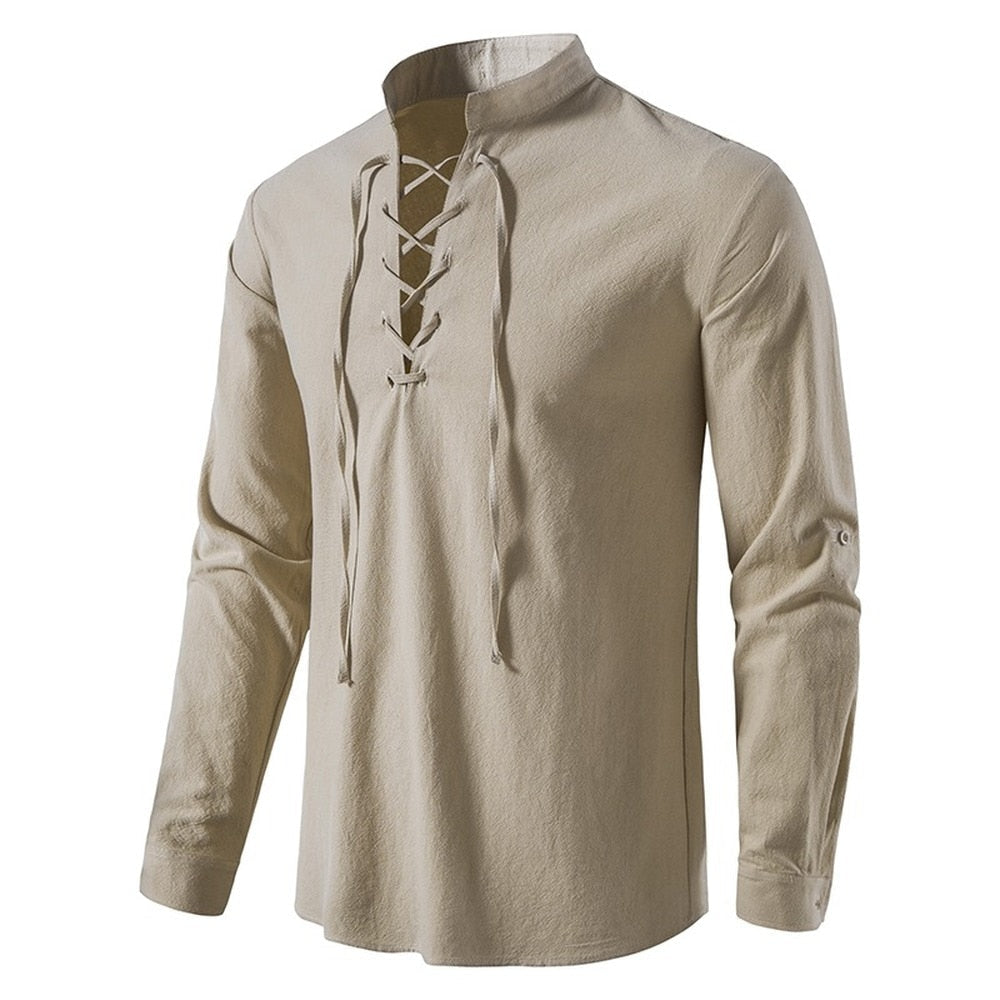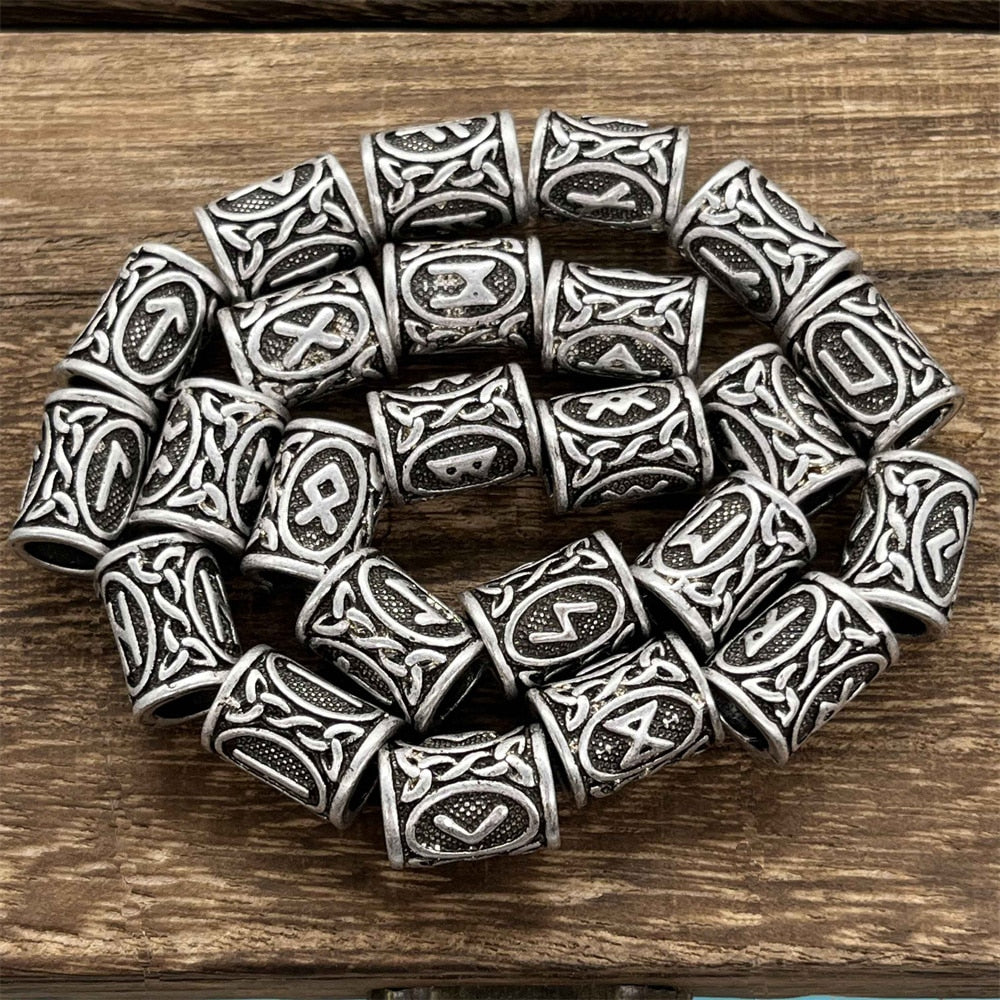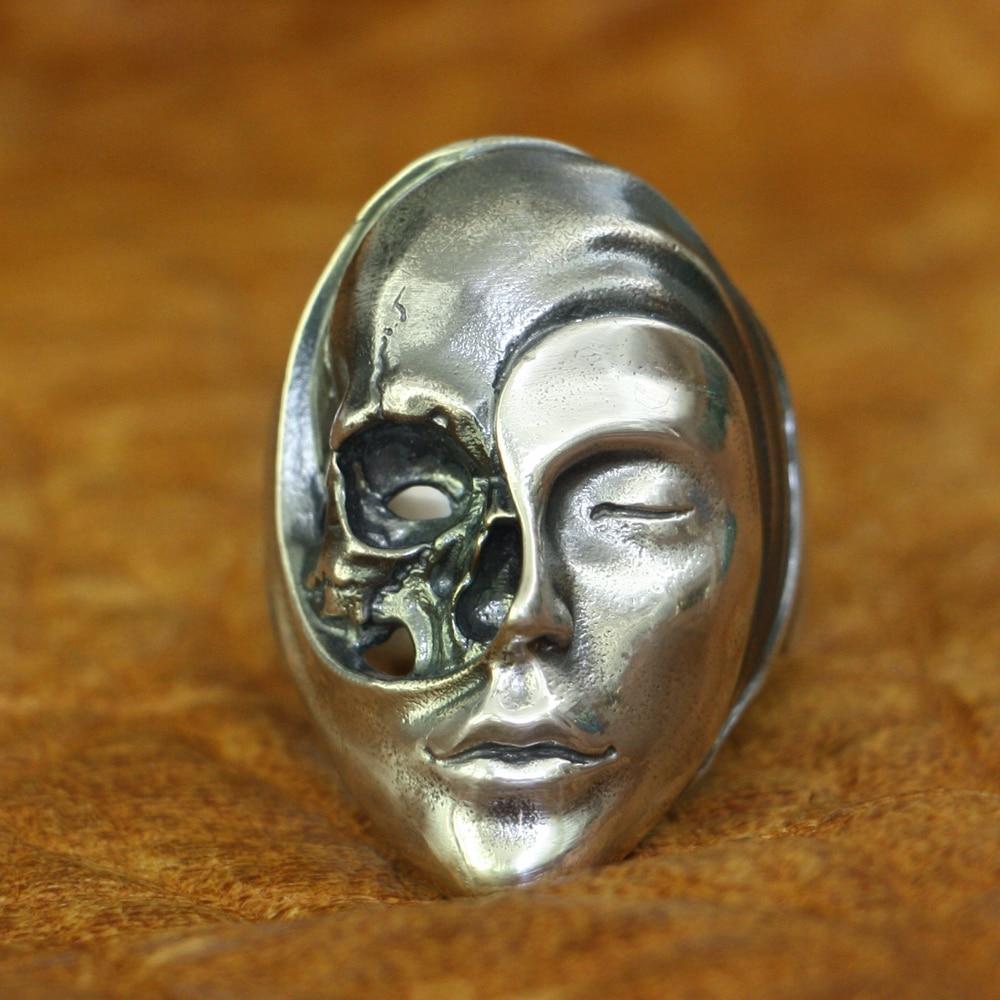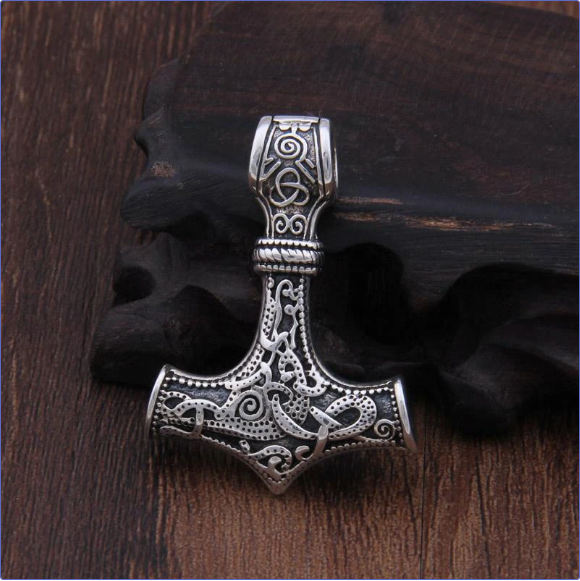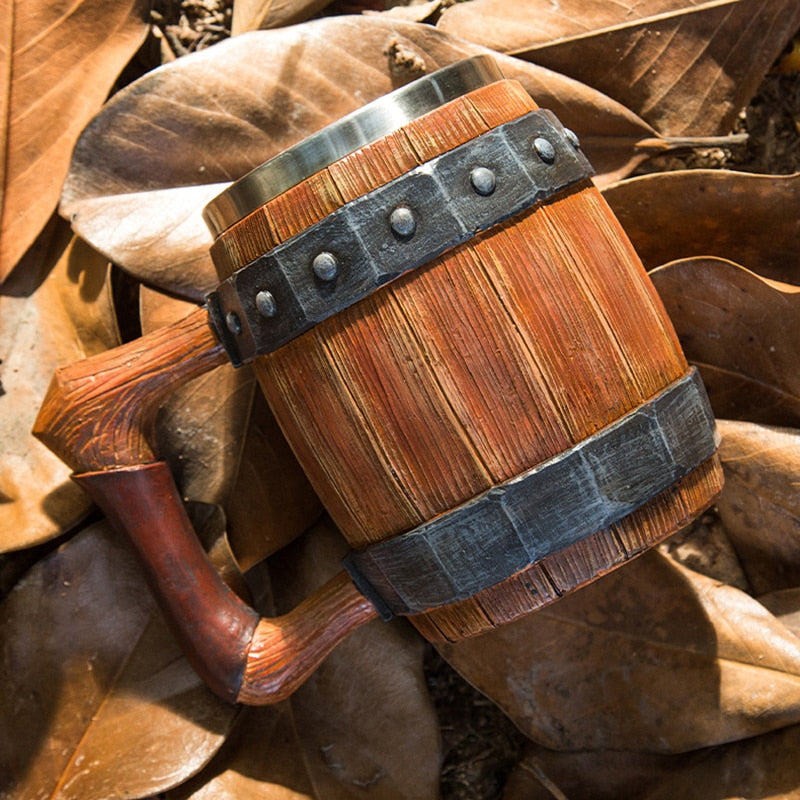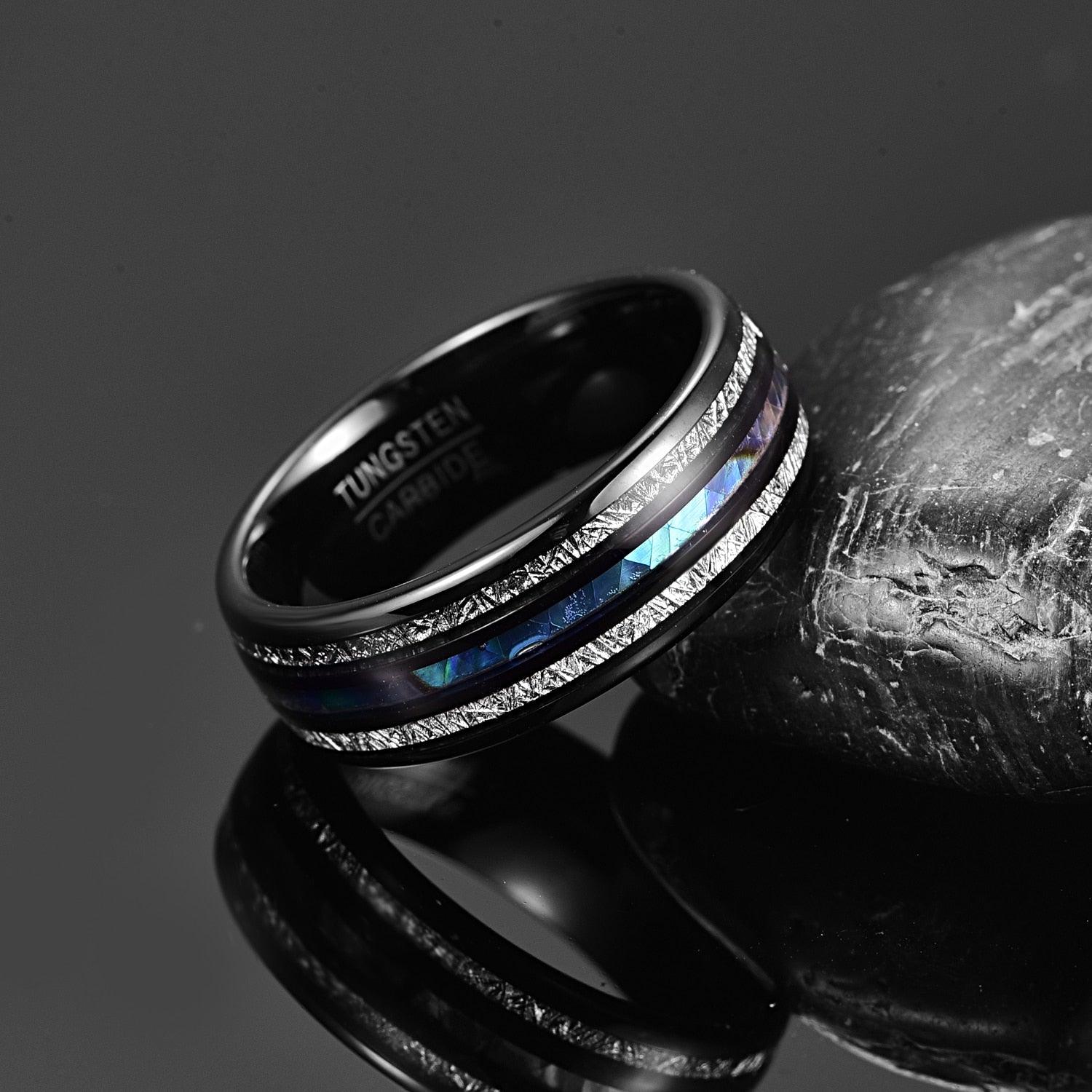The Norse peoples and Vikings were part of a complex and remarkably organized society with a deep respect for law and justice. Far from being lawless marauders, the Norse people developed intricate systems to govern disputes, maintain order, and administer justice. This legal structure not only bound their communities together but also provided a framework that influenced later Scandinavian law codes.

The Foundation of Viking Law
Viking law was not codified in the modern sense. Instead, it was an oral tradition, passed down and preserved by a special class of individuals known as lawspeakers (lögsögumenn). These individuals had the enormous responsibility of memorizing the laws and reciting them at public gatherings. Laws varied regionally, but they all shared a common goal: maintaining harmony within the community.
At the heart of Norse legal order was the Thing (or þing), an assembly where free men gathered to make political decisions, settle disputes, and hear legal cases. There were local Things for smaller areas and larger regional assemblies like the Althing in Iceland—one of the oldest parliaments in the world, established in 930 CE.
Justice during the Viking Age
Norse justice leaned heavily on community participation and personal responsibility. If someone committed a crime or offense, it was not just a matter between the accused and the state, but a communal issue. The most common method of resolution was compensation—typically through a system called wergild (man-price). This was a monetary value assigned to every person and every piece of property. If someone was injured or killed, the perpetrator was required to pay the victim or their family a set amount based on the victim’s social standing and the severity of the offense.
This system prevented blood feuds by providing a peaceful alternative to vengeance. However, if compensation wasn't paid, or if the crime was particularly heinous, the offender could be declared an outlaw. To be outlawed meant losing all legal protection, allowing anyone to kill the person without consequence. We have a full blog post about the Norse Outlaw – Outlawry during the Viking Age here.
Banishment was also a common penalty for manslaughter, and some very famous heroes suffered from being banished. Men such as Erik the Red, exiled from Iceland, for killing Eyiolf the Foul around 982 CE, he ended up discovering Greenland (Read about the Saga of Erik the Red here).

The Role of Honor and Reputation
In Norse society, a person's honor was paramount. Many legal cases revolved around insults, slander, or damage to one's reputation. Accusations could lead to legal duels known as holmgangs, where disputes were resolved through combat. These duels were highly ritualized and subject to strict rules. Winning such a duel could restore a person's honor and serve as proof of their innocence or the righteousness of their cause.
Witness testimony and oaths also played a crucial role. A person could call on their peers to swear to their character or version of events. Swearing a false oath was a serious offense, as honesty and loyalty were highly valued.
Women and the Law
While Viking society was patriarchal, women enjoyed more legal rights than in many other contemporary European cultures. Women could inherit property, initiate divorce, and were entitled to a share of the wergild if harmed. If a woman was mistreated by her husband, she had the legal right to leave him and reclaim her dowry (read more about The Norse Women during the Viking Age here).
Legacy of Norse Law
Norse legal traditions have left a lasting mark on the legal systems of modern Scandinavia. The Icelandic Althing still exists today as the national parliament. The emphasis on communal law-making, local assemblies, and compensation over capital punishment demonstrates a surprisingly progressive and democratic spirit for the time.
Even in literature, the importance of law is clear. The Icelandic sagas, many of which were written in the 13th century, frequently center around legal disputes and the functioning of the Thing. These stories reveal how justice was a living, breathing part of everyday Viking life.

The Viking Age was not just a time of conquest and exploration—it was also a period of sophisticated legal development. Through their Things, lawspeakers, and traditions of compensation and honor, the Norse people maintained social order in a harsh and often violent world. Their legacy endures not only in the democratic institutions of Scandinavia but also in the enduring idea that justice must be a communal and participatory endeavor.
Bibliography
Byock, Jesse L. Viking Age Iceland. University of California Press, 2001. ISBN: 9780520226206
Foote, Peter, and Wilson, David M. The Viking Achievement: The Society and Culture of Early Medieval Scandinavia. Sidgwick & Jackson, 1970. ISBN: 9780465080748
Winroth, Anders. The Age of the Vikings. Princeton University Press, 2014. ISBN: 9780691169293
